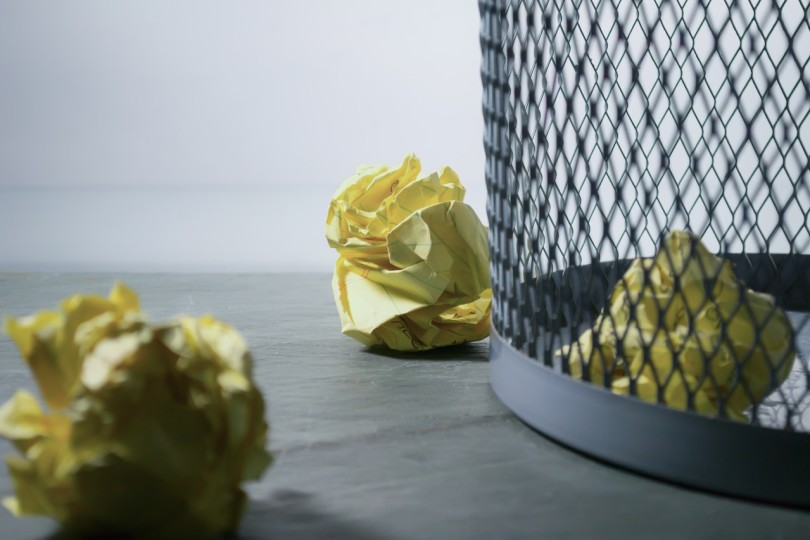Why Is the Gulf Attracting Climate Tech Businesses?
28 Jun 24
Enviro ChatThe Global News Source for the World of Science and Chemicals
13 February 2023
Enviro Chat
Three computer science students studying at Canadian University Dubai have come up with an ingenious contraption aimed at slashing food waste, generating renewable energy and fostering good habits among the general public: the Digi-Bin.
The concept works via a dual receptacle bin, with one container for general waste and one for food waste. The smart capabilities of the Digi-Bin mean it can weigh the contents of the bin and alert users when it is full. The food waste is then sent to a biogas generation plant, where it is converted into renewable energy that feeds directly back into the national grid. In theory, users will be rewarded for their responsible recycling through financial credits.
Food waste is a serious concern in the UAE. Research has indicated that the average amount of food wasted per person per day is an astonishing 2.7kg in the country. By comparison, Western Europeans generate an average of just 65kg of food waste every year, meaning it would take an Emirati less than a month to produce the same volume of food waste as their European counterparts annually.
All in all, that adds up to around $6 billion in wasted food, which is quite simply an unacceptable sum for a nation which must rely on imports for over 90% of the food it uses to feed its populace. For that reason, students from Canadian University Dubai decided to tackle the problem by making it simpler and more rewarding for Emiratis to segregate their waste.
The three students in question are Prateek Mishra (20 years old) and Denver Dias and Zahab Khan (both 19), all of whom hail from India. They struck upon the concept for the bin when participating in a competition called Future Disruptors and their design is intended to help the country achieve its aims of halving food waste by 2030.
To do so, they have designed a smart bin which can link to an app that logs every time a user segregates their food waste. This detritus is then taken to a biogas plant where it is used to make renewable energy, while any food items not fit for such purposes can be converted into fertiliser. Over time, the user will accrue credits that can be converted into savings on their electricity bills.
Despite the bold entrepreneurial spirit and exciting vision shown by the three youngsters, they have admitted that they are somewhat out of their depth when it comes to implementing their invention in real life. The last piece in the puzzle is how to reward users with discounted energy bills; at present, they lack the knowledge and experience to understand how this can be achieved.
Nonetheless, they hope to bring it to market once they have finished their studies, installing Digi-Bins not just in homes around the country, but public settings such as shopping centres and restaurants, too. In the meantime, they will continue working on refining the design and user interface of the bin so that it is properly ready to disrupt the waste disposal market when the time comes.
DOWNLOAD PDF

2 Day Seminar Program
@ ArabLab+ 2024
24 & 25 September 2024
Your stay in Dubai
Labkit
Product News
Chemkit
Product News
Thinking about exhibiting at ARABLAB 2024? Watch our video to find out more.
Join the world’s leading organisations…
Join our mailing list and receive the ARABLAB newsletter and event updates.